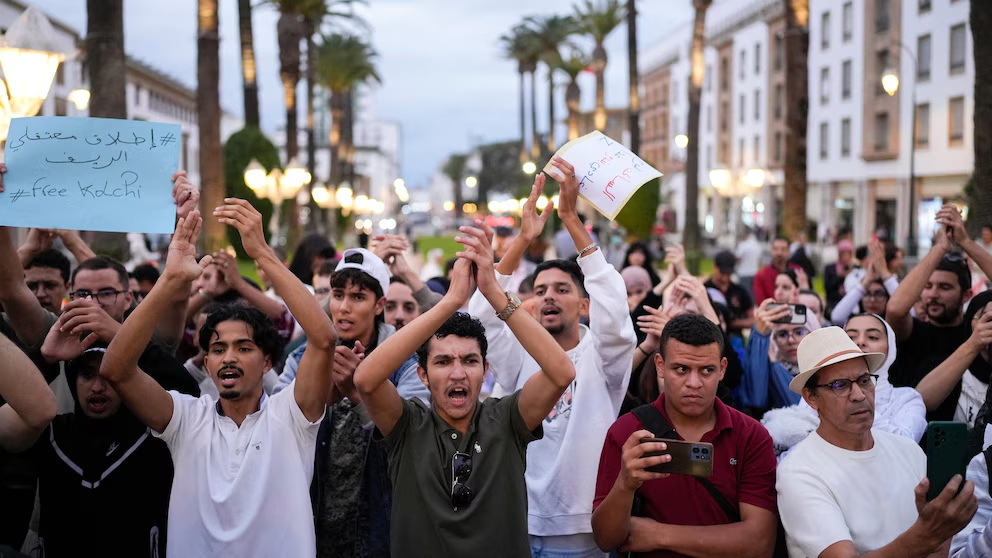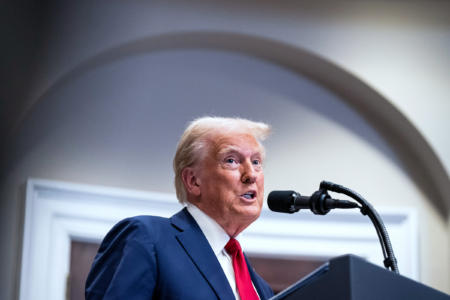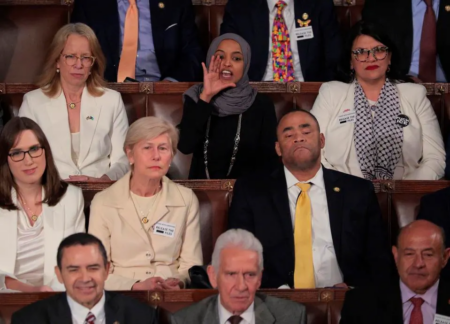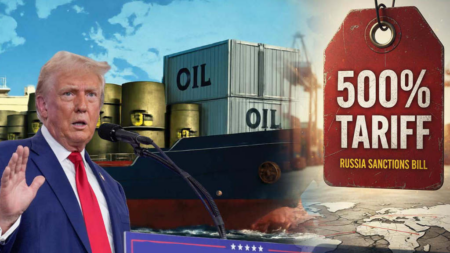In late September 2025, a youth collective calling itself Gen Z 212 ignited protests across Morocco demanding reform in health, education, and accountability.
The triggering moment was the tragic death of eight pregnant women undergoing Caesarean sections at a public hospital in Agadir, which sparked outrage over poor conditions in the public health system.
Social Media Role in Gen Z 212 Movement Work
Over two weeks, nightly rallies spread from cities to towns, drawing crowds ranging from dozens to hundreds.
The collective, operating mainly through online platforms such as Discord and TikTok, quickly built a following of more than 200,000 members.
Gen Z 212 demands were clear:
1. Accountability for the corrupt
2. Improvement in public services
3. Urgent attention to marginalized regions suffering from poverty and underdevelopment.
Temporary Suspension and King Mohammed VI Address
On October 11, Gen Z 212 announced a temporary suspension of their protests, calling it a strategic pause to reorganize and strengthen their structure for the next phase.
The group emphasized that their demands remained unchanged and that the movement would return stronger to “target the government and all those blocking the aspirations of the Moroccan people.”
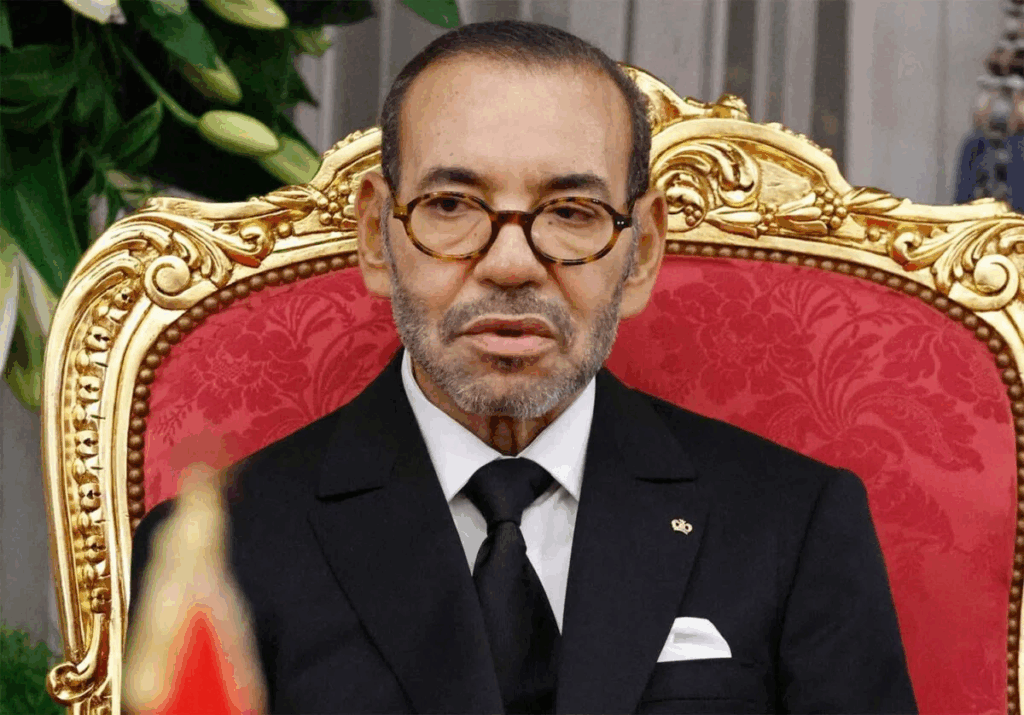
A Rare Speech for the Moroccan King
Shortly after, King Mohammed VI addressed the nation in a rare speech, urging the government to accelerate reforms in key sectors, particularly education and healthcare.
The King called for social and territorial justice, insisting that national development should prioritize the poorest and most neglected areas.
He emphasized that Morocco is “paving a steady path toward greater social justice,” a statement interpreted by analysts as a subtle acknowledgment of the youth movement’s grievances.
What Does the Moroccan King Speech Mean?
Although the monarch did not explicitly reference the protests or call for any government dismissals, his speech reflected awareness of the growing frustration among young Moroccans.
His tone balanced reassurance with firmness, suggesting that Morocco’s leadership prefers reform and dialogue over confrontation.
What Analysts Predict After the Moroccan King Speech?
Political analysts describe this moment as a critical test for Morocco’s governance model.
The protests have revealed a generation that refuses to remain silent about inequality and corruption, yet one that seeks change within the existing system rather than through revolution.
Experts believe the King’s response shows that Arab governments are increasingly listening to their citizens, recognizing that public discontent cannot be ignored.
Restoring Balance in Morocco
Scholars observing Morocco note that the government’s reliance on large national projects.
Such as preparations for hosting the 2030 World Cup — may have distracted attention from essential sectors like health and education.
The protests, therefore, are seen as a wake-up call for the leadership to restore balance between image-building and real social development.
In the short term, analysts expect gradual reforms rather than dramatic political shifts.
Rebuild Public Trust
These reforms may include reshuffling parts of the cabinet, increasing budgets for public hospitals and schools, enhancing transparency in governance, and launching initiatives to rebuild public trust.
However, if tangible improvements fail to appear soon, there’s a risk of renewed mobilization and stronger opposition from the same youth groups.
A New Phase in Morocco’s Evolution
For now, Morocco’s political stability remains intact, but the Gen Z 212 movement has made one thing clear: today’s youth are connected, organized, and determined to hold leaders accountable.
The King’s measured response — promising progress without repression — could mark a new phase in Morocco’s evolution, where leadership and citizens engage in a more open dialogue about the nation’s future.
How Will the Arab World Change in this Era?
This moment may signal that revolutions are no longer the only route to change in the Arab world. Instead, constructive pressure, digital activism, and responsive leadership could define the region’s next chapter.
Whether Morocco’s reforms live up to expectations will depend on how effectively the government transforms promises into results — and how patient the young generation is willing to be.
References (Sources):
- Reuters – Youth-led unrest exposes cracks in Morocco’s economic model
- AP News – Morocco’s king addresses social injustices in speech as Gen Z protesters demand reforms
- Reuters – Morocco’s king urges speedy reforms to boost jobs, rural development
- Le Monde Afrique – In Morocco, the regime made a mistake thinking sports events would make people forget social issues
- The New Indian Express – Morocco’s Gen Z 212 suspends protests temporarily after two weeks of demonstrations




